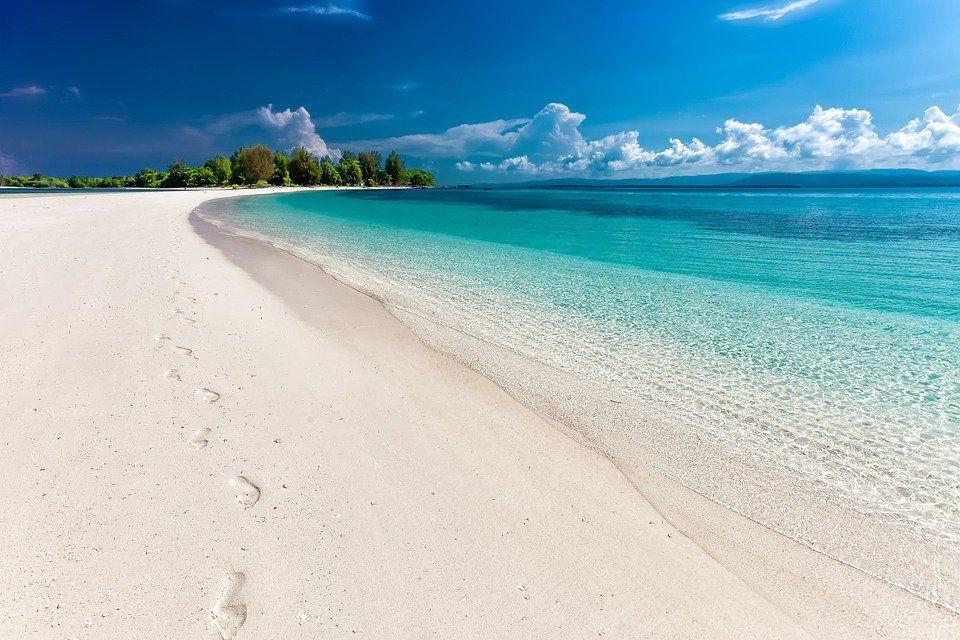Singapore is the largest importer of sea sand for land reclamation purposes, filling the sea along its coast with imported sand.
Since 1965, Singapore has expanded its physical size by 25 percent.
On this, in particular, the Malaysian Department of Minerals and Geosciences reported that, of the 36.7 million tons of sea sand produced in Malaysia in 2017, 1.5 million tons were exported, almost exclusively to Singapore.
Separately, in Vietnam, scientists from the Vietnam Institute of Transport Science and Technology (ITST) warn that the nation’s supply of natural sand is nearing its end and could run out by 2022 due to over-exploitation.
In addition, illegal mining activities in Vietnam have reached epidemic proportions, as Vietnam’s Deputy Minister of Public Security, Lt. Gen. Lê Quý Vương, reported in 2017, noting that the police had detected more than 4,300 violations in more than 8,000 inspections in the last year.
Sea sand
NAMI Corp and its subsidiary SBS received the marine sand dredging and extraction license on January 10, 2019.
Now SBS is ready to start its marine sand mining operation.
NAMI conducts its operations through its consolidated and controlled subsidiary SBS Mining, founded on August 14, 2008, and is a Malaysian corporation principally engaged in the business of certain minerals and mining and exploration of properties located in Malaysia.
As licensees, NAMI plans to distribute and sell sea sand to customers in Malaysia’s neighboring countries, including China, Japan, Singapore, Thailand, Vietnam, Brunei and Cambodia.
In general, the market demand for sand is high.
In turn, in Indonesia, residents are resisting the mining of sand and the construction of artificial islands due to the potential harm to fish stocks and the environment.
According to NAMI, reports describe how locals are mounting fierce resistance against sand mining on the southern tip of Indonesia’s Sulawesi island and land reclamation in Makassar, which has caused the provincial government to suspend all activities. in progress.
UN
Meanwhile, Cambodia has banned exports of sea sand from a coastal region where it has been channeled mainly in large quantities to Singapore.
However, it appears that previous bans had failed to stop the export.
Additionally, internal United Nations reports questioned Cambodia’s sand exports, where UN data showed that Cambodia had exported $752 million worth of sand to Singapore.
Despite such reports of large-scale exports, Cambodia only reported a trade value of $5 million exported to Singapore.
NAMI states that this large-scale dredging would certainly have an adverse impact on the natural environment and local communities.
![]()

